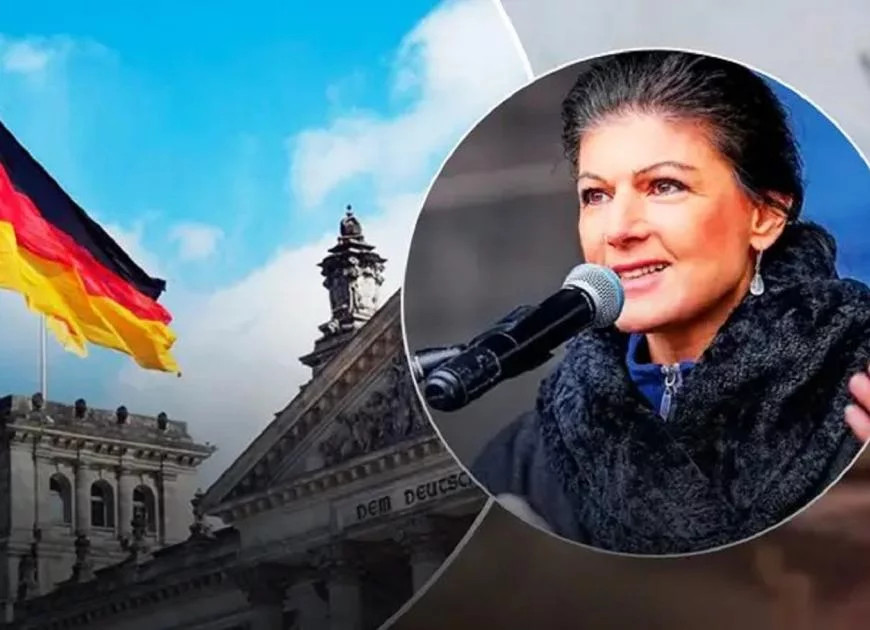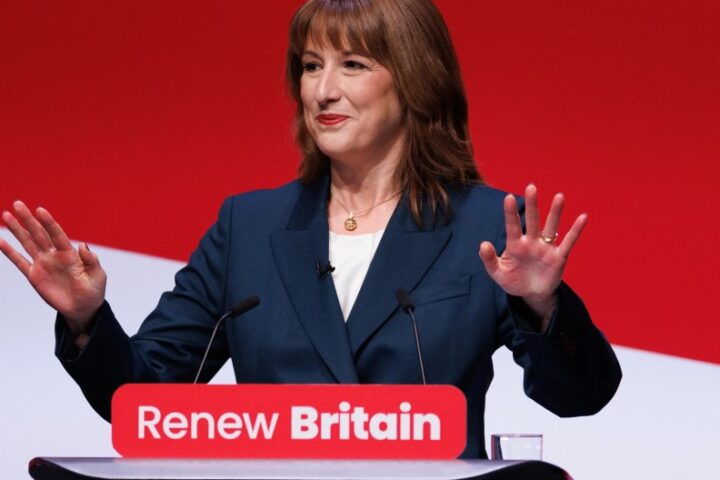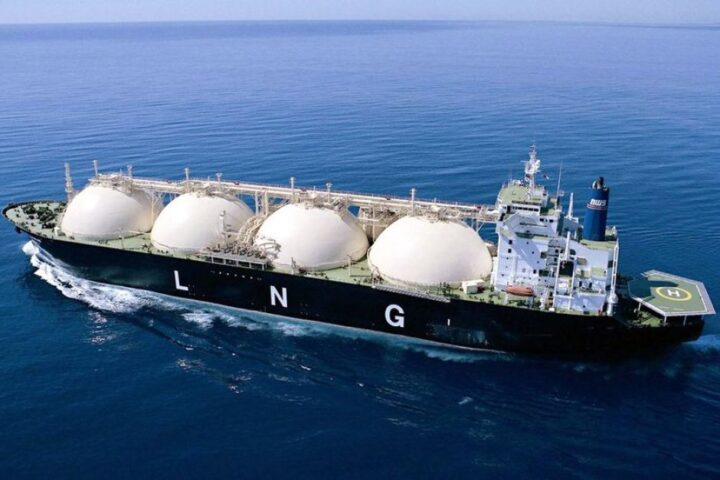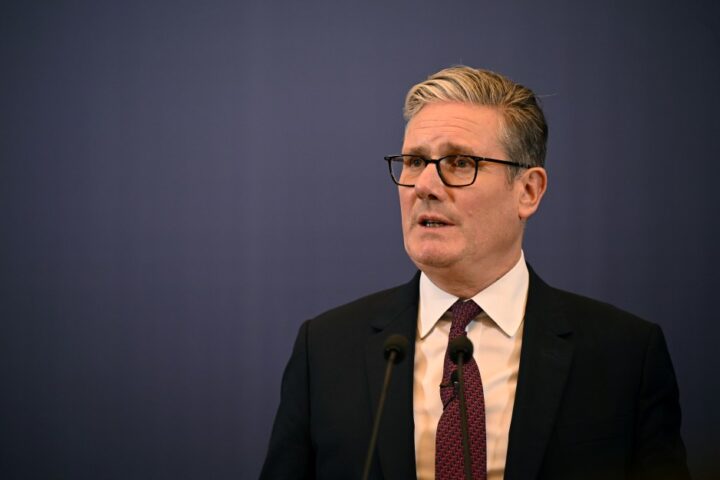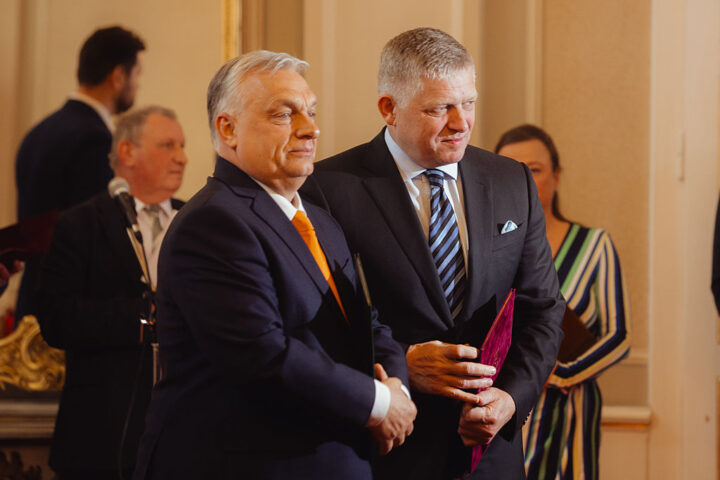Hungary is increasingly positioning itself at the center of an emerging axis with China and Russia, in stark contrast to the strategic course taken by most Western democracies. While the United States and European Union intensify efforts to reduce their economic dependencies on Beijing, Prime Minister Viktor Orbán’s government is deepening ties with authoritarian powers — a pivot that is raising alarms across the West.
Strategic decoupling versus Hungary’s eastern pivot
As Washington urges its allies to respond with “vigilance, transparency and unity” to the strategic challenge posed by China, Budapest continues to reject calls to curtail its economic cooperation with Beijing. Instead, Hungary has emerged as a key gateway for Chinese capital into Europe, openly embracing projects that expand China’s political and logistical foothold on the continent.
Hungary’s economic minister Márton Nagy recently acknowledged that American investors are absent from the Hungarian market, stating, “We are taking a very pragmatic approach.” This reflects Budapest’s shift toward the East, even as the United States and its allies attempt to contain China’s technological and financial reach.
Chinese investments entrench Hungary’s economic dependence
Hungary has become one of the top European destinations for Chinese investment, hosting multibillion-euro projects by tech giants such as battery maker CATL — the largest foreign investment in the country’s history — and electric vehicle manufacturer BYD. These ventures not only generate jobs but also embed Hungary within China-controlled global supply chains.
The transformation of Záhony, near the Ukrainian border, into a strategic railway hub is part of China’s broader Eurasian trade corridor strategy. Simultaneously, construction continues on the Budapest–Belgrade railway, financed largely through Chinese loans. Such infrastructure projects are enhancing Beijing’s logistical access to the European market, potentially offering alternative routes to circumvent Western sanctions.
In the digital sector, Hungary’s 4iG Group has signed a strategic agreement with Huawei to develop cloud services — a move that contradicts Western security concerns over Huawei’s alleged role in espionage and data harvesting through 5G networks.
Bilateral trade volumes between Hungary and China surpassed $6.57 billion in 2024, up from $5 billion in 2023, making China Hungary’s top trading partner outside the EU. This growing interdependence strengthens China’s leverage in Budapest, effectively transforming economic cooperation into geopolitical influence.
A bridge for Beijing’s ambitions and a brake on EU cohesion
Hungary is a vocal supporter of China’s Belt and Road Initiative, aligning it with its own “Eastern Opening” policy. Orbán and Foreign Minister Péter Szijjártó have repeatedly emphasized the importance of deepening ties with China, presenting it as a strategic necessity rather than an ideological choice.
But this positioning grants Budapest a dual role — as a facilitator of Chinese influence and as a disruptor within the EU and NATO. Hungary has previously delayed or blocked joint European positions on China, enabling Beijing to undermine Western consensus from within. The economic rationale obscures a political strategy that allows Orbán to sustain power by playing East against West, undermining democratic cohesion.
Moscow remains a partner amid war
In parallel, Hungary maintains close relations with Russia, despite the Kremlin’s full-scale invasion of Ukraine. Budapest continues to rely on Russian energy and often echoes narratives favorable to Moscow. Orbán’s refusal to support strong sanctions against Russia or to reduce Chinese influence aligns Hungary more closely with autocratic regimes.
This informal Beijing–Budapest–Moscow axis is not merely symbolic. It presents a tangible challenge to transatlantic solidarity, allowing authoritarian powers to exploit fissures within Europe’s democratic bloc. Orbán’s policy choices — from obstructing collective action to legitimizing alternative alliances — erode trust and empower regimes that openly oppose the liberal international order.
Domestic opposition warns of long-term consequences
Hungarian opposition leader Péter Magyar of the “Tisza” party has warned that Hungary is straying dangerously from its Western identity. “The world has entered a new era — peace is no longer a given, it must be pursued,” he said. “Hungary should not drift between East and West — our place was, is, and will remain in Europe.”
Nevertheless, for now, Hungary continues to align itself with states that challenge democratic norms and institutions, complicating the West’s efforts to maintain unity in an increasingly polarized geopolitical landscape.



